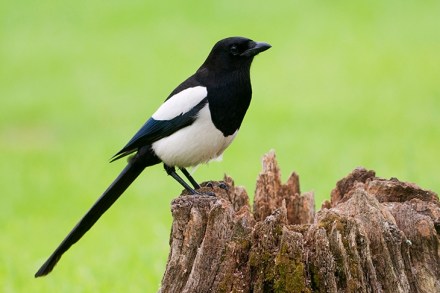Book
‘Is it like a packet of fags?’ asked my husband, less annoyingly than usual, but still in some confusion. I had been telling him why a book was like a sarcophagus, which I admit has the ring of a Victorian riddle. It has long been accepted that book shares the same derivation as beech. I used to be reminded of that by Beech’s bookshop in Salisbury, now no more. After all, the Latin liber, ‘book’, came from a word for a tree’s inner bark, just as codex (earlier caudex), ‘wooden tablet’ or ‘book’ in Latin, came from a word for ‘tree trunk’. People made letters or runes on wood or








